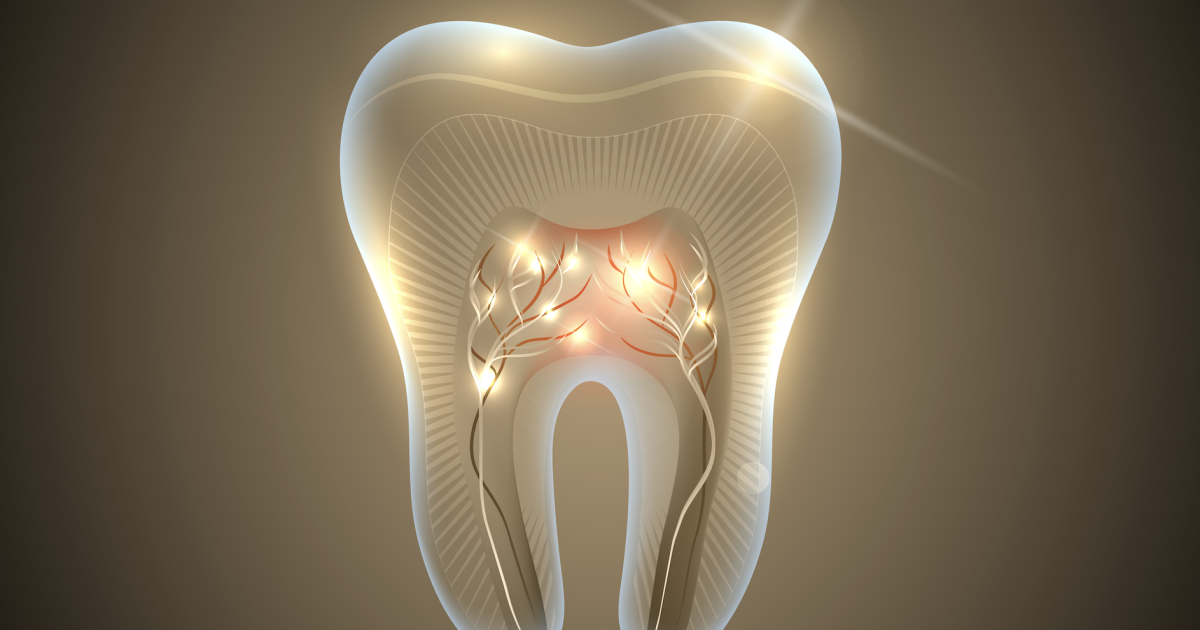

Yes, I think I can relate very well. What I try to bring across to people is a model Albert Ellis, the founder of REBT, has proposed for how exactly emotions come to be. Basically, the model has three layers:
A- Activating event (e.g. a friend tells you how amazing it is to have a GF, you lay in bed and think that you’re still a virgin) B - Belief (I MUST already have had sex, I MUST be able to relate, I MUST have succeeded here) C - Consequence (you feel shittily, because you couldn’t fulfill your beliefs)
The model is also called the ABC model, for short.
The nutshell is that the event in ITSELF (aka that you’re a virgin) doesn’t make you miserable, but your beliefs and relation towards it. For example, imagine someone who wants to be a monk. They would be happy to still be a virgin, right? Or imagine someone who wants to wait until the right partner comes along. Imagine a devout Christian, who wants to wait until marriage, or an asexual person.
In short, many people would perceive being a virgin as GOOD, as something very nice and positive. That does not mean that you have to feel the same way, by all means - but it means that your personal beliefs, convictions and motivations heavily shape your perception.
Or, to put it differently - you really seem to have put a lot of effort into improving yourself and working out, right? You did everything one reasonably might suggest to do. So perhaps it is a good thing to take a step back and remind yourself that the reason you feel so bad about it is partially connected to your personal beliefs about what you should do and how to be. You don’t feel terribly because you’re a virgin, you feel terribly because you think you MUST NOT be a virgin.
By no means do I want to tell you that it is wrong - I personally definitely struggle with this concept. However I think it is good to simply keep this in mind to be able to exercise a bit of self-compassion, that the reason you feel bad is because your beliefs bash down on you and tell you “you’re a worthless piece of shit because you didn’t fulfill xyz” You are not a bad or worthless person by not being a virgin, I honestly believe it.
And besides - my personal story is, I am very very happy to have waited for my first kiss until my current partner. I have felt terribly that all the other people around me already had relationships, and I didn’t. Nowadays I am very happy to have waited, because it makes my physical relationship with her very very special. She is the first person I shared myself on a physical level with, and I wouldn’t trade all the nice girls in high school for this bond we share now. Perhaps that’s something you can also reframe for yourself: assuming you will find a partner one day (which I presume you’ll be able to do), the fact that you’ll be able to know she’s your first sexual contact will be very special - for you just as much as for her.
I hope this makes sense or may be helpful. If you have any additional thoughts or questions, don’t hesitate to reply :)












I’m very glad it was helpful! I study psychology, so always happy to be able to share a bit of knowledge :) Best of luck to you!